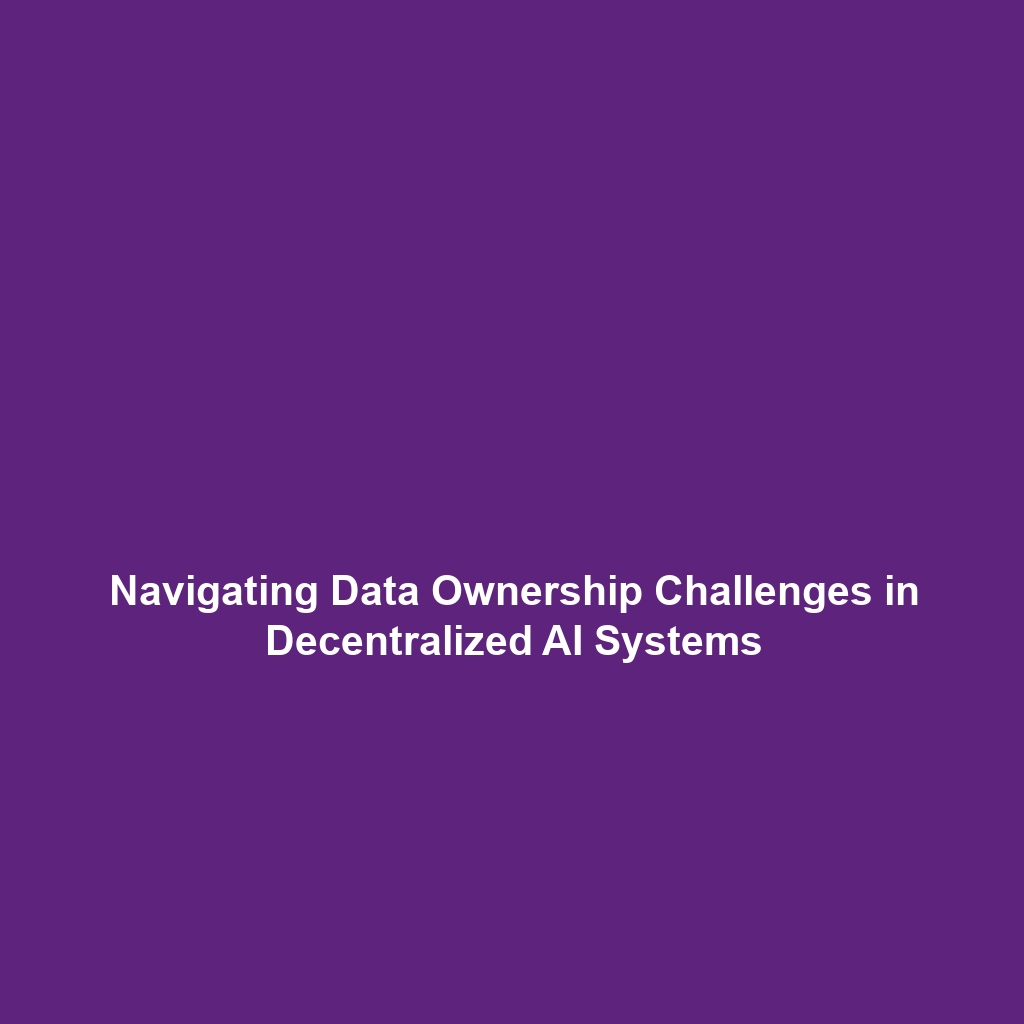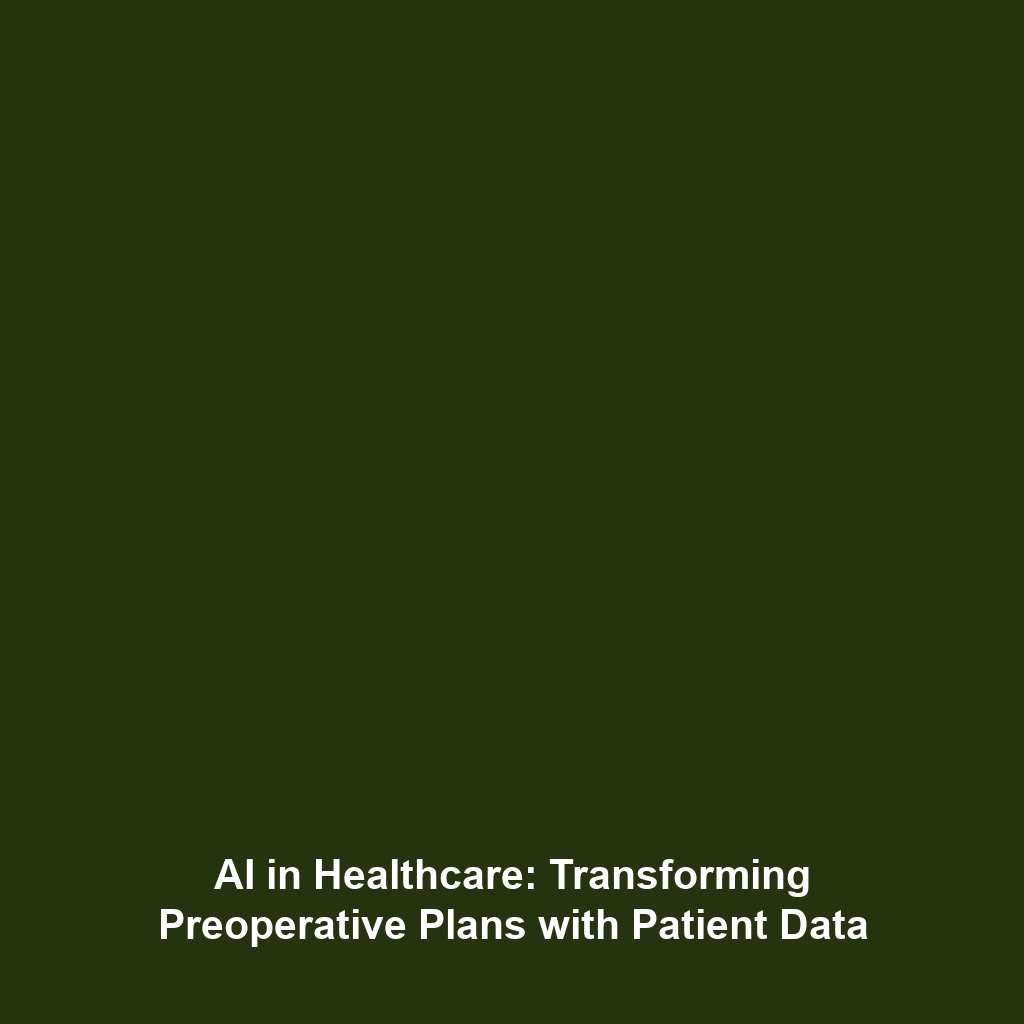Challenges in Defining Data Ownership in Decentralized AI Systems
Introduction
The emergence of decentralized AI systems has reshaped the landscape of data ownership, bringing forth significant challenges that impact AI ethics. Defining who owns data within these systems remains a pressing issue, with implications for privacy, accountability, and transparency. This article delves into the intricate challenges surrounding data ownership in decentralized AI, highlighting its importance in shaping ethical frameworks that govern artificial intelligence practices. By understanding these challenges, stakeholders can better navigate the complexities of data ethics in an era of technological evolution.
Key Concepts
Several key concepts underpin the challenges of defining data ownership in decentralized AI systems, which fall within the broader category of AI ethics:
- Decentralization: Refers to the distribution of data storage and processing across multiple nodes, rather than relying on a centralized authority.
- Data Sovereignty: The principle that data is subject to the laws and governance structures within the jurisdiction it is collected.
- Consent and Privacy: Critical issues concerning what constitutes informed consent for data usage and the protection of individual privacy rights.
- Accountability: The challenge of attributing responsibility when data is misused or mishandled in decentralized networks.
Applications and Real-World Uses
The challenges in defining data ownership in decentralized AI systems have significant real-world applications related to AI ethics:
- Supply Chain Management: Decentralized AI can enhance transparency in supply chains; however, unclear data ownership can complicate accountability.
- Healthcare Innovations: Decentralized data systems for patient records can improve interoperability, but issues arise regarding patient consent and ownership of medical data.
- Smart Contracts: In blockchain applications, defining ownership in smart contracts is vital for resolving disputes and ensuring ethical compliance.
Current Challenges
Numerous challenges exist in studying and applying data ownership frameworks in decentralized AI systems:
- Legal Ambiguity: Varying international laws add complexity to data ownership definitions.
- Technical Limitations: Current technologies may not adequately track data ownership in a decentralized framework.
- Ethical Misalignment: Conflicting ethical standards across different stakeholders can hinder cohesive ownership policies.
- Scalability Issues: Ensuring that ownership definitions scale with system growth presents additional challenges.
Future Research and Innovations
Future research and innovations are expected to address challenges in defining data ownership in decentralized AI systems:
- Blockchain Enhancements: Advances in blockchain technology may provide clearer frameworks for data ownership.
- AI Regulation: Increased regulatory efforts may result in more robust standards for data governance and ownership.
- Decentralized Identity Solutions: Emerging technologies focused on self-sovereign identity may redefine data ownership and control.
- Collaborative Frameworks: Multi-stakeholder approaches may foster consensus on ethical standards in data ownership.
Conclusion
In summary, the challenges in defining data ownership in decentralized AI systems pose critical questions within the realm of AI ethics. Addressing these challenges requires collaborative efforts, innovative solutions, and clear regulatory standards. As the digital landscape evolves, stakeholders must prioritize ethical considerations to ensure data ownership frameworks are effective and equitable. For more insights on AI ethics, explore our articles on AI Transparency and Data Protection.


